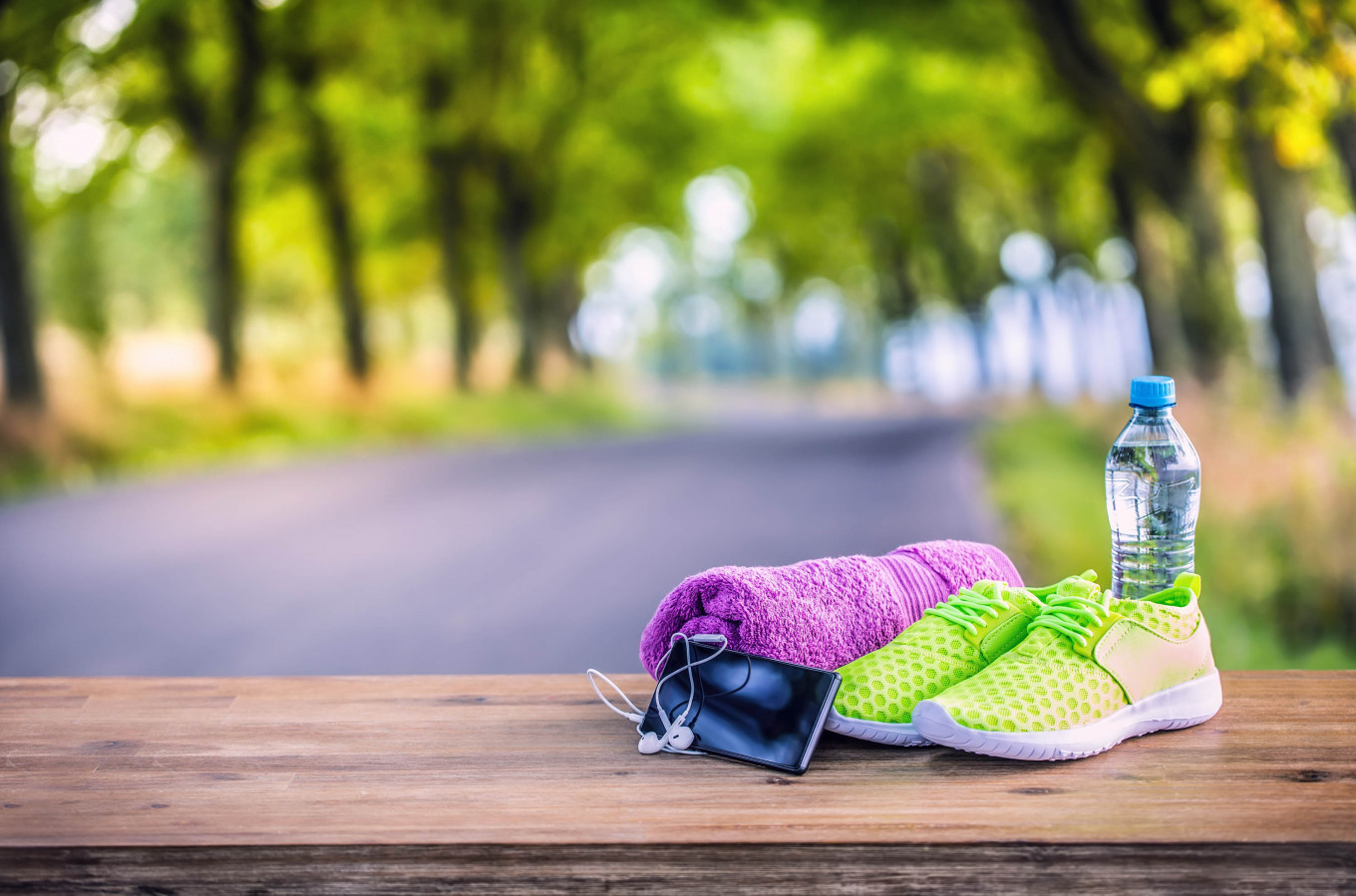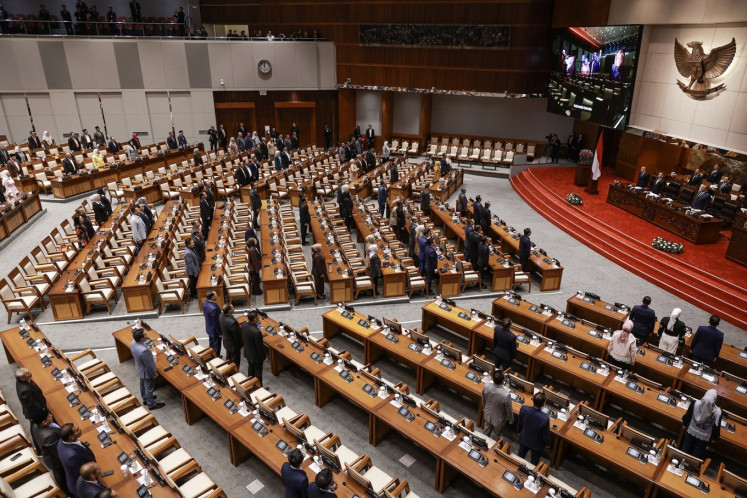Popular Reads
Top Results
Can't find what you're looking for?
View all search resultsPopular Reads
Top Results
Can't find what you're looking for?
View all search resultsPandemic or not, people must stay active: WHO
The coronavirus pandemic is no excuse for not getting enough exercise, the World Health Organization said, warning that even before the crisis many were getting too little physical activity.
Change text size
Gift Premium Articles
to Anyone
T
he coronavirus pandemic is no excuse for not getting enough exercise, the World Health Organization said Wednesday, warning that even before the crisis many were getting too little physical activity.
In an update of its physical activity guidelines, the UN health agency stressed that exercise was vital to physical and mental health, while sedentary behavior can have serious repercussions.
"WHO urges everyone to continue to stay active through the COVID-19 pandemic," the agency's head of health promotion Ruediger Krech told reporters.
"If we do not remain active, we run the risk of creating another pandemic of ill-health as a result of sedentary behavior."
There are still no clear statistics on what impact the pandemic has had on physical activity, but lockdowns, movement restrictions, gym closures and other measures have clearly forced many people to stay home and have disrupted regular activities and exercise routines.
This is worrying considering that even before the crisis, data shows the vast majority of young people and many adults were not active enough, with dire repercussions for global health.
The WHO estimates that pushing more people to get off the sofa or office chair to move about more could avert up to five million deaths each year.
Read also: Bad habits picked up during COVID-19 can have negative impact on health
'Every move counts'
"Being physically active is critical for health and well-being -- it can help to add years to life, and life to years," WHO chief Tedros Adhanom Ghebreyesus said in a statement.
"Every move counts."
Regular physical activity is key to preventing and helping to manage heart disease, type-2 diabetes, and cancer.
It has also been shown to reduce symptoms of depression and anxiety, reduce cognitive decline, improve memory and boost overall brain health.
To reap such benefits, the UN health agency recommends that adults get at least two-and-a-half to five hours of moderate to vigorous aerobic activity per week, while children and adolescents should on average move at least an hour a day.
But it warned that its statistics showed that a full quarter of all adults and 80 percent of adolescents do not meet those targets.
This, it said, is deeply concerning, since sedentary behavior -- included in the WHO guidelines for the first time -- has been linked to a range of harmful health effects.
Read also: Even light physical activity could reduce the risk of an early death, finds new study
'Part of everyday life'
Globally, this inactivity is estimated to cost $54 billion in direct health care and another $14 billion in lost productivity each year, the WHO said.
But the good news is that doing any kind of physical activity can counter the negative effects of sitting still for too long.
Krech stressed that the guidelines showed "the benefits of activities you can do every day as part of your everyday life, whether at home, in transit or at work."
The WHO stressed that living an active life was good for everyone, regardless of their physical ability.
The guidelines encourage women to maintain physical activity throughout pregnancy and post-delivery, and also stress the benefits of physical activity for people living with disabilities.
Older adults were meanwhile advised to add activities that emphasize balance and coordination, as well as muscle strength, to help prevent falls.
"Any duration of physical activity is beneficial. But more is always better," Krech said.
Fiona Bull, in charge of the WHO's physical activity unit, said wearable trackers could be a good tool to get people moving more.
"Monitoring how active you are is very good feedback for the individual," she told reporters, adding that the WHO was looking into ways of making such trackers more globally available.
"We tend to underestimate how much time we spend sedentary."











